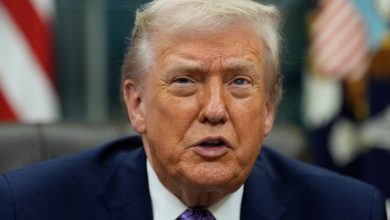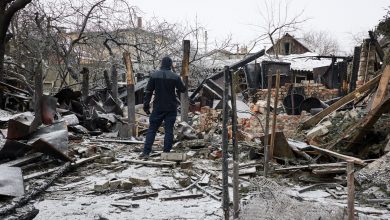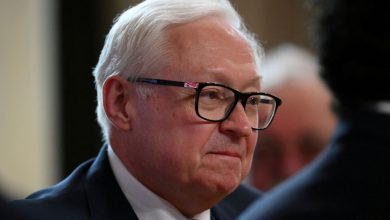New York (United Nations) – On Monday, during a meeting of the United Nations Security Council, Algeria emphasized the need for establishing “strict” international standards to safeguard state sovereignty in the face of the growing threat of foreign interference through new technologies.
Algeria’s Permanent Representative to the UN, Ambassador Amar Benjamaa, stated during a session on “Anticipating the Impact of Scientific Developments on International Peace and Security,” that “we call for strict international standards to preserve the sovereignty of nations as technology continues to evolve.”
He added, “We must protect the sovereignty of nations amid rapid scientific developments. The risk of advanced technologies being used to interfere in the internal affairs of countries is now very real – and remember Pegasus.” This reference alludes to the notorious spyware developed by the Israeli regime and used by Morocco to spy on politicians and journalists in several countries.
Ambassador Benjamaa also underscored the importance of applying new technologies guided by “ethics” while respecting the cultural uniqueness of different nations. These technologies, he stressed, “must also strengthen the rule of law, ensuring that progress does not come at the expense of our shared humanity.”
Technology for the Benefit of All Humanity
The Algerian representative further advocated for the use of technology in ways that benefit humanity as a whole, not just a select group of countries. “Our future must be inclusive, equitable, and just,” he declared. He stressed the need to address the technology gap between the Global North and the Global South and encouraged the transfer of technology to developing countries, emphasizing that “science should bring us closer together, not divide us.”
He also highlighted the importance of combating the harmful misuse of technologies, adding that developing countries should receive financial assistance to keep pace with the rapid technological evolution.
“The future of humanity should not rest in the hands of a privileged few,” Ambassador Benjamaa warned, calling for the inclusion of scientists and policymakers from the Global South. “Our voices must be heard,” he affirmed.
Science as a Tool for Environmental Protection and Social Welfare
The Algerian diplomat went on to discuss the potential of new technologies to address environmental challenges and enhance human well-being. He asked, “How can science help us tackle climate change and fight poverty? These are the questions we must answer, as science should empower us to achieve sustainable development goals rather than hinder them.”
In conclusion, Ambassador Benjamaa emphasized the role of technological progress in promoting global peace. “Whether by enhancing the UN’s peacekeeping capabilities or improving humanitarian aid, the opportunities for positive actions are immense,” he said.
For further details, visit: DZWATCH.DZ
Author: Nor-Eleslam
Algeria, UN Security Council, technology interference, state sovereignty, Pegasus spyware, technology transfer, Global South, sustainable development, peacekeeping




